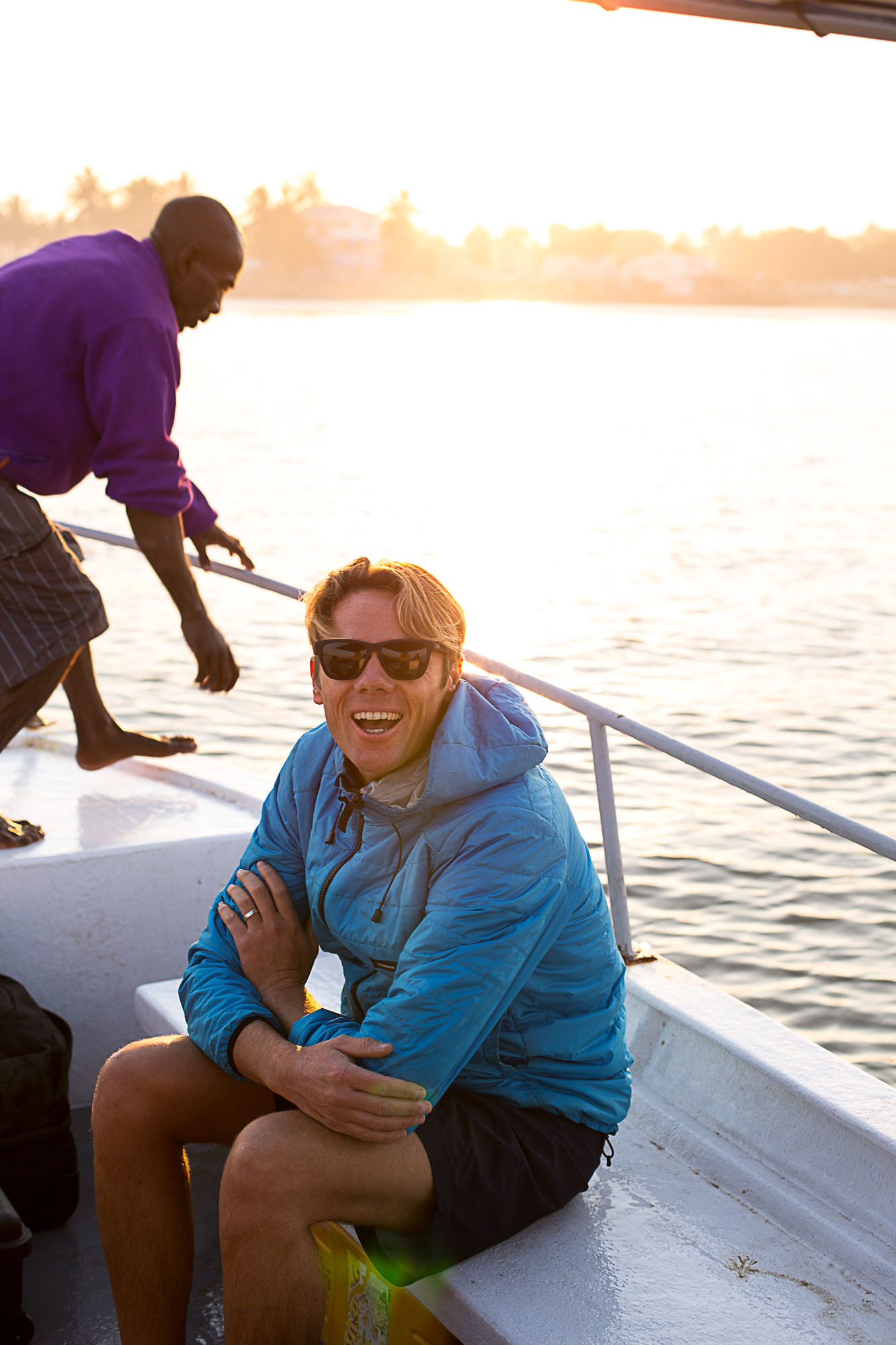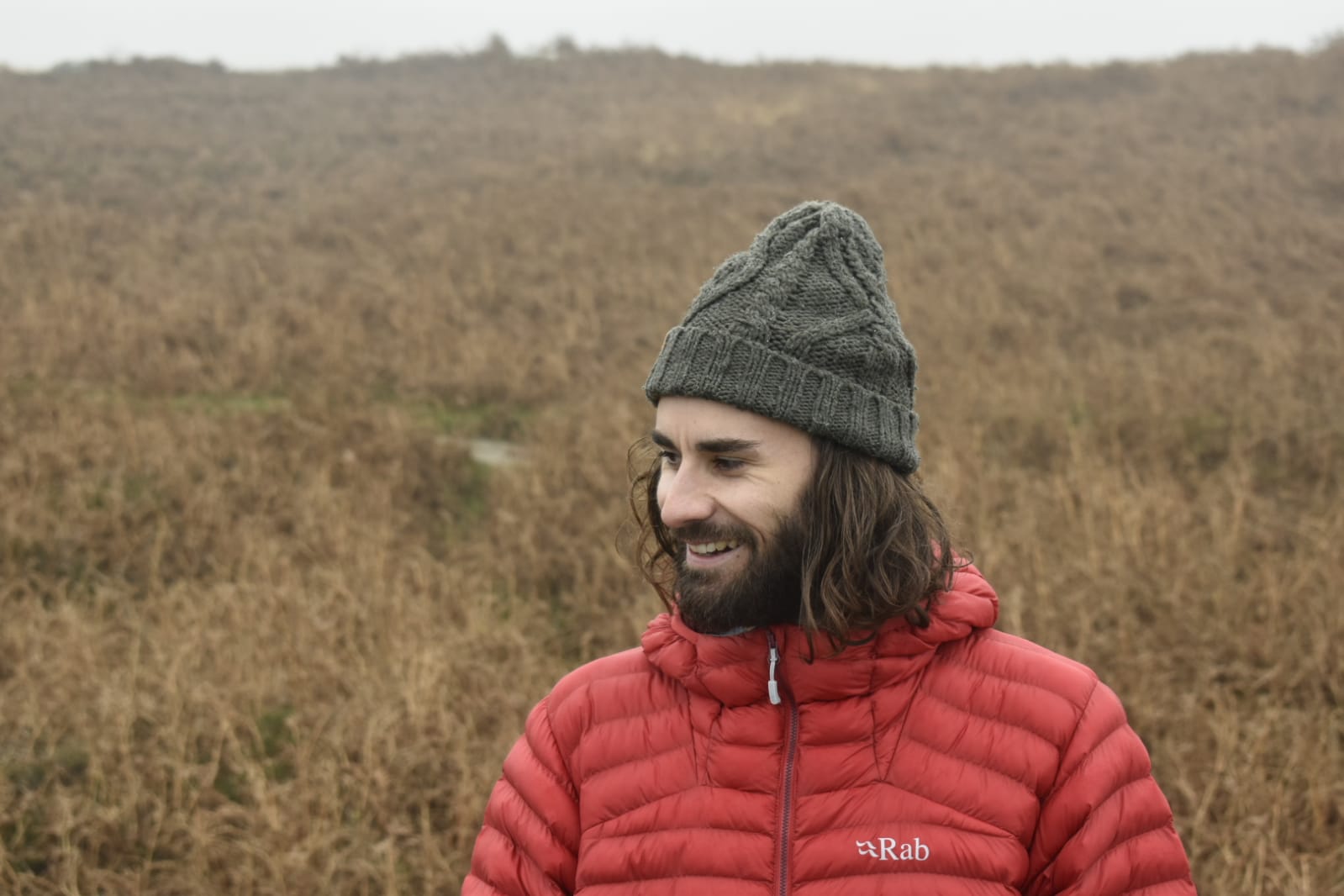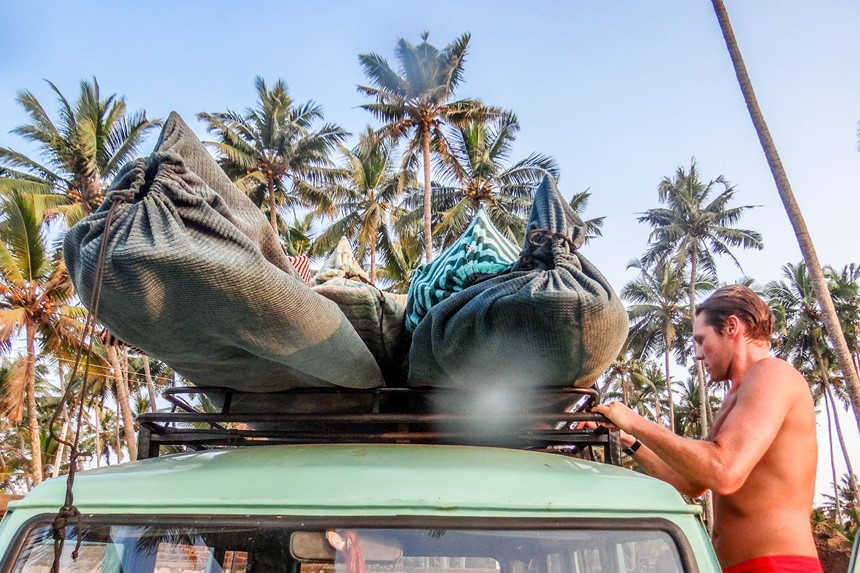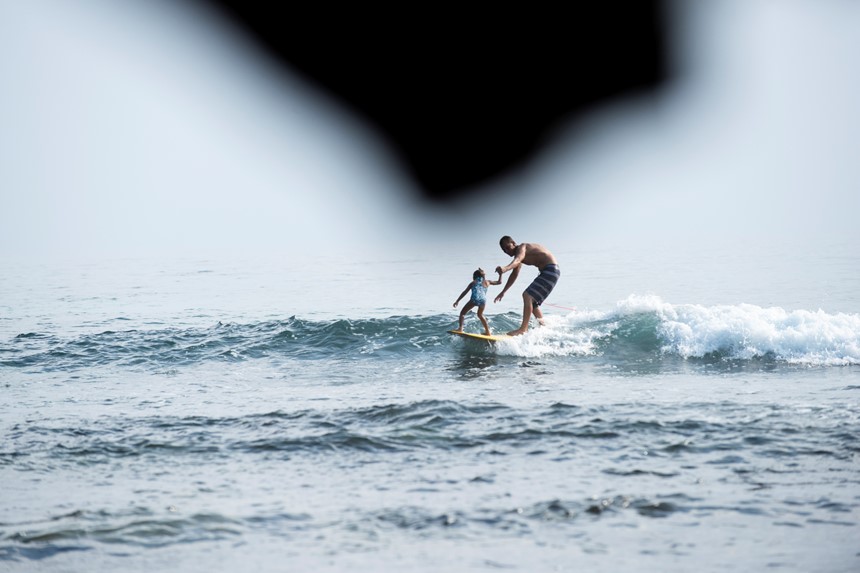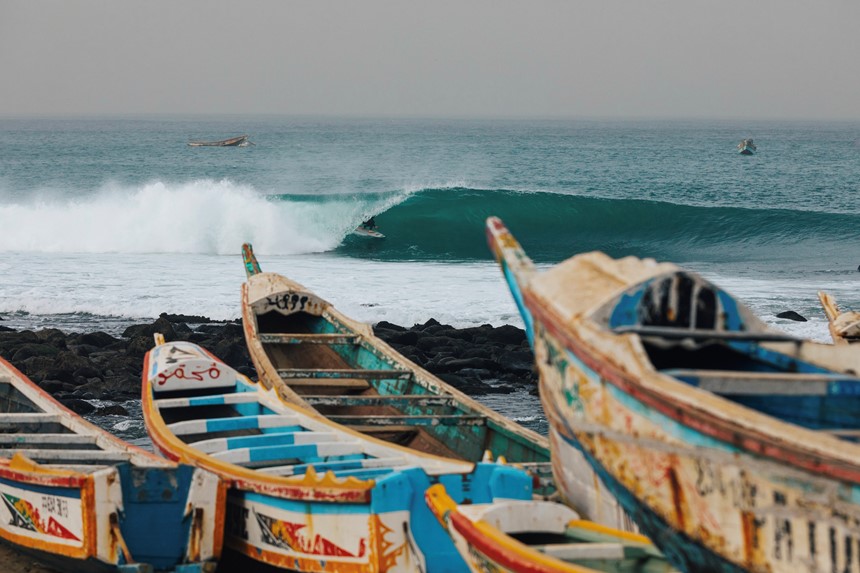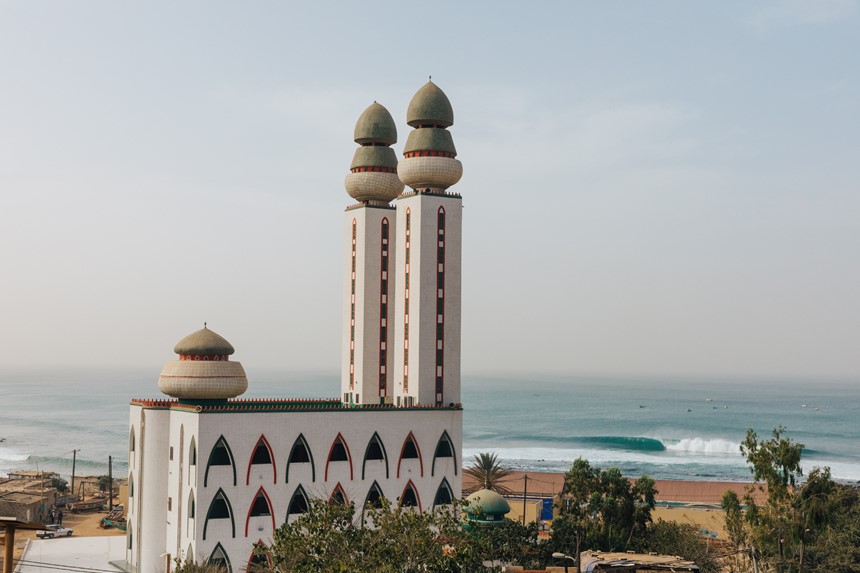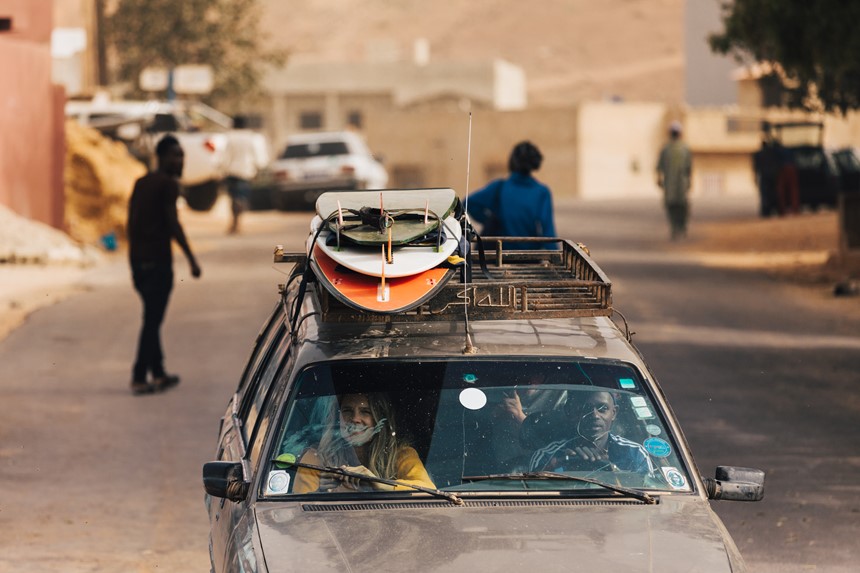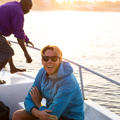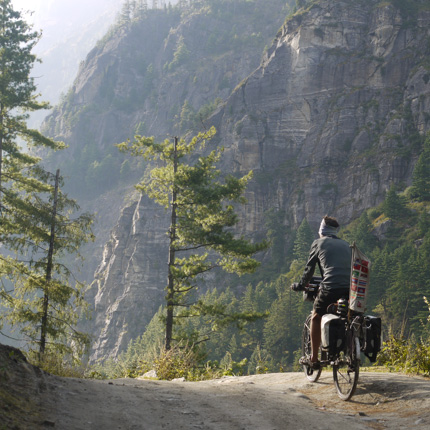As well as making sure the budget is spent within the communities he travels to, and not on excessive production, Sam places great importance on portraying surf communities in a positive light, and exploring how surfing connects to different aspects of local cultures. In a nutshell, he sees this work as re-addressing Western misrepresentations.
He is the first to admit that he doesn’t always get it right. He references his first Brilliant Corners film, about Haiti - a country he did his PhD on. Because the episode was made just before surf culture there really started blossoming, “the film lacks integrity, because it needed that local surf community to really balance my role as an outsider. So I look back on that with a little bit of embarrassment.”
This kind of self-reflection, and Sam’s drive to diversify the stories told about surfing, is welcome. His work is a model for adventure journalism that connects adventure sports to wider cultural issues and contexts, stepping outside usual, performance-focused narratives. “A lot of my stuff is kind of the antithesis to war correspondents,” Sam says. “It's places that are so used to being shared in times of need through environmental, social or political crises, but it's about finding and celebrating positives in those places that don't normally get in the news stories.”

